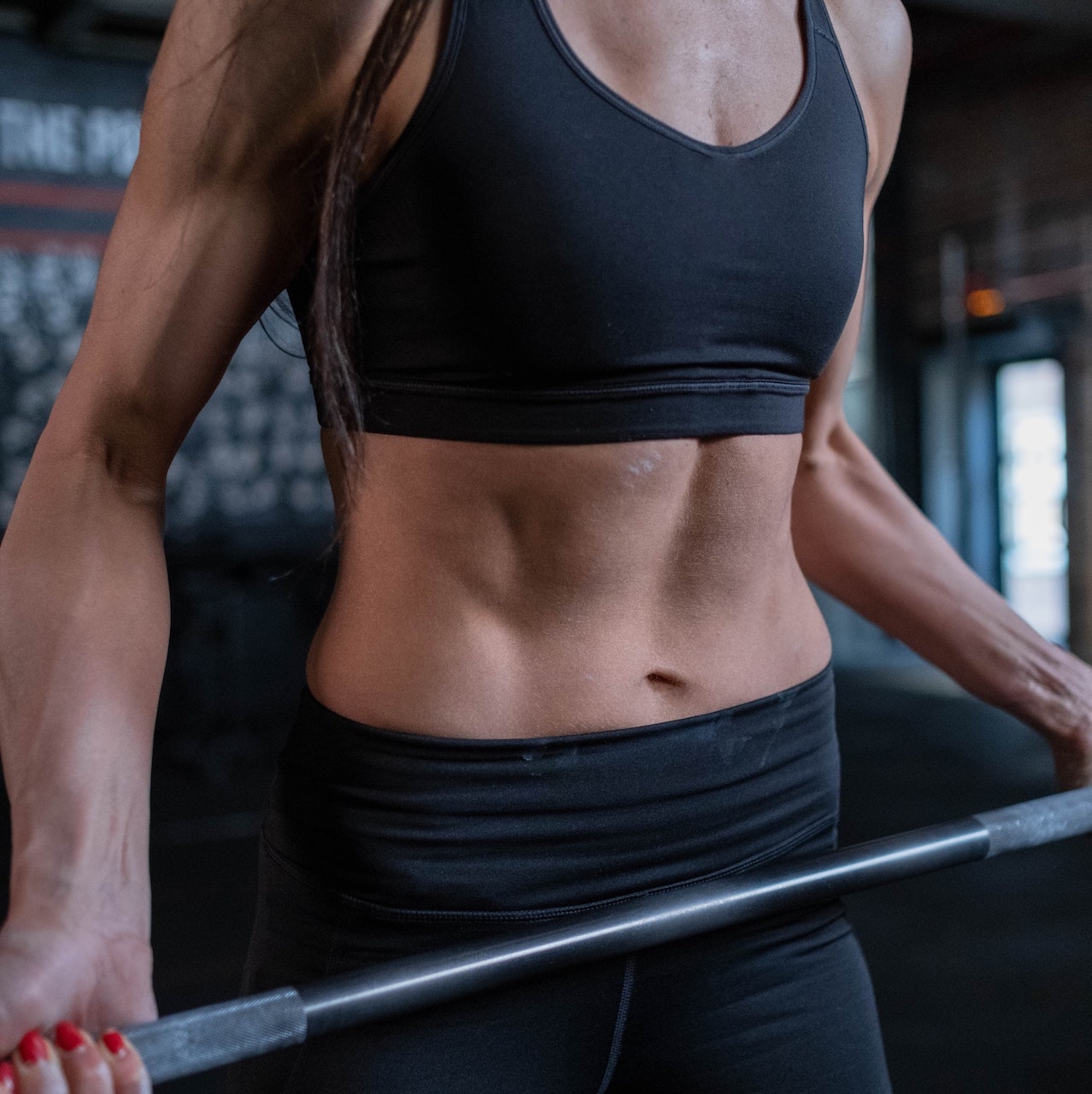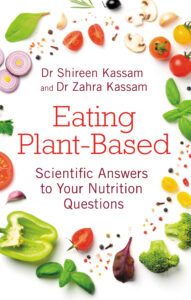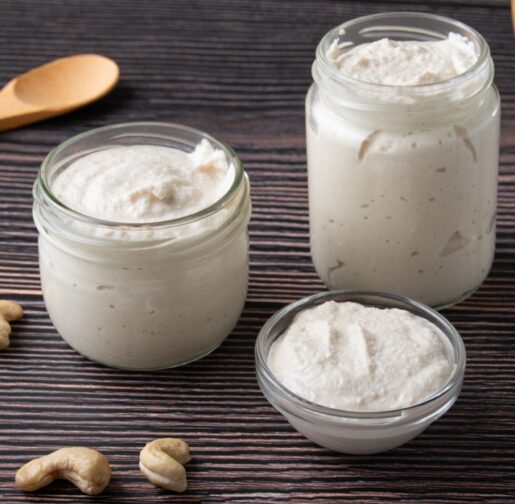
Don’t athletes require meat protein for muscle growth? Drs Shireen and Zahra Kassam put this common myth to bed.
Yes, protein intake is important for muscle growth, maintenance, and repair, but it comes down to choosing the best quality protein – and plant protein wins hands down over animal protein in this regard.
Plant protein is preferable
In part, this is because plant protein comes packaged with nutrients that are beneficial for preventing injury and enhancing recovery from exercise, such as antioxidant and anti-inflammatory compounds, which are mostly absent from animal sources of protein. In fact, animal protein causes inflammation in the body, which is certainly not an ideal situation for optimal athletic performance.
In addition, plant-based sources of protein are also high in healthy carbohydrates, including fibre, and healthy fats, which all help to keep our vital organs functioning to their best ability, clearly crucial for optimal performance. Beans, nuts and seeds can provide all the protein necessary for all types of athletic performance without reaching for protein powders.
Studies have examined whether plant sources of protein can help build muscle as effectively as animal protein. A meta-analysis showed soy protein was as effective as various sources of animal protein for building muscle mass and strength in response to resistance training, but of course without increasing the risk of heart disease and cancer.
Verified ‘vegains’
Small studies of short duration have also been conducted specifically in vegans. One study directly examined the heart function by echocardiography and maximum oxygen consumption of vegan and omnivore amateur runners, with 22 participants in each group, and reported better heart function and cardiorespiratory fitness and endurance, suggesting an advantage for the vegan group.
Another study in young, physically active women tested endurance and muscle strength in 28 vegans and 28 omnivores and reported better exercise performance in the vegan group with no disadvantage for muscle strength. A further small study investigated the impact of protein source on muscle mass and strength: 19 vegan and 19 omnivorous men undertook 12 weeks of supervised resistance training. Their protein intake was adjusted to obtain 1.6 grams per kilogram per day, including from protein supplements, either soy or whey. Various measures of muscle mass and strength, including muscle biopsies, were performed at the beginning and end of the study. The results showed that both groups had equal gains in muscle mass and strength, demonstrating that plant protein is not inferior to animal sources of protein.
The suggestion is that the higher carbohydrate intake in a vegan diet and resulting higher glycogen stores may be the reason for the better endurance and performance. Plant-based diets improve endothelial function and hence vascular function, helping to better oxygenate tissues and muscle. The lower blood viscosity due to the better blood lipid profile also enhances blood flow to the muscles.
Plant-based performance
For all athletes who want to achieve optimal performance, planning, knowledge and skills when it comes to nutrition are important regardless of the chosen diet pattern. The increasing number of elite athletes who have adopted a plant-based diet and demonstrated incredible athletic performance is proof in itself. To name just a few: Kate Strong, Fiona Oakes, Robert Cheeke, Lewis Hamilton, Morgan Mitchell, Kendrick Ferris and Derrick Morgan. Seba Johnson and Nimai Delgado have never eaten meat.
 |
This article is an edited extract from Eating Plant-Based: Scientific answers to your nutrition questions by Dr Shireen Kassam and Dr Zahra Kassam. Published by Hammersmith Books. Available in Australia via Booktopia. |
Lead image: Cottonbro on Pexels





















